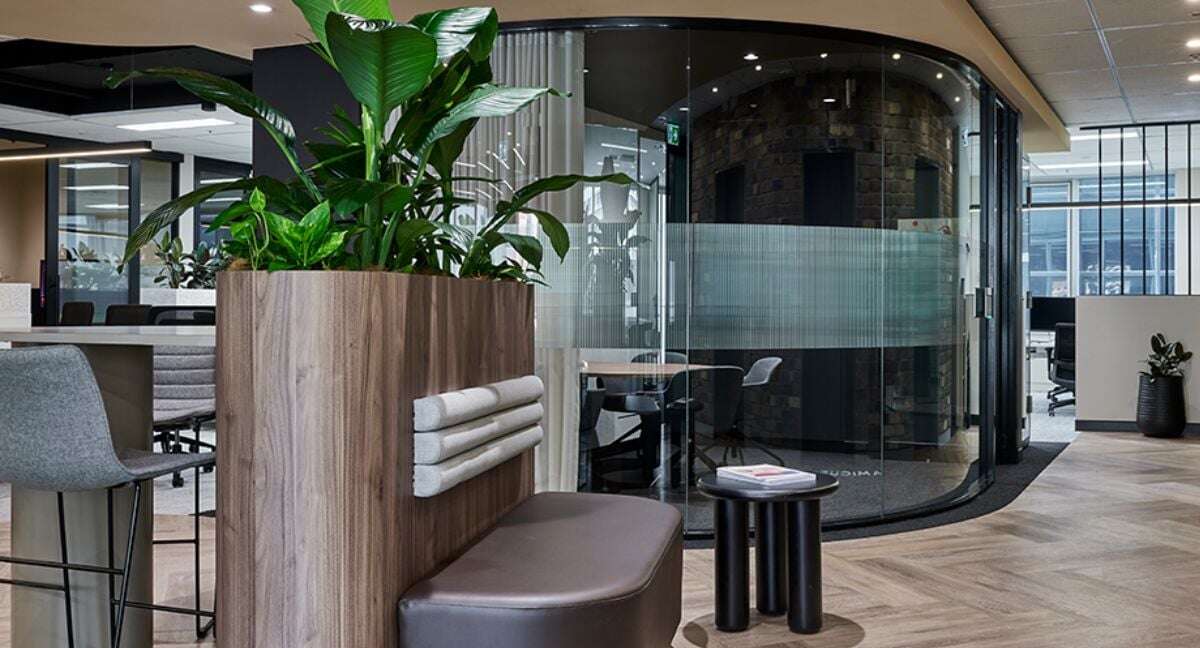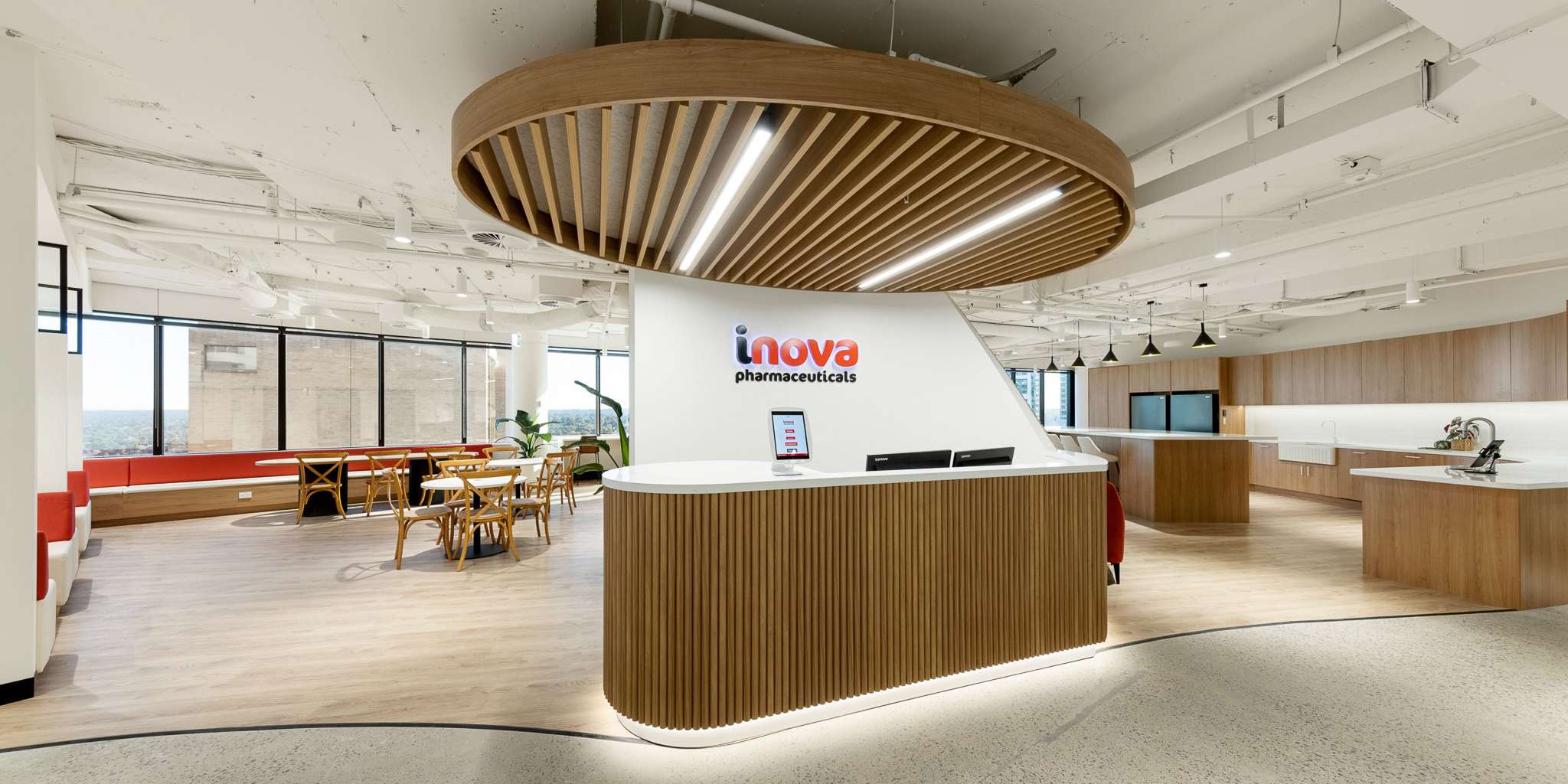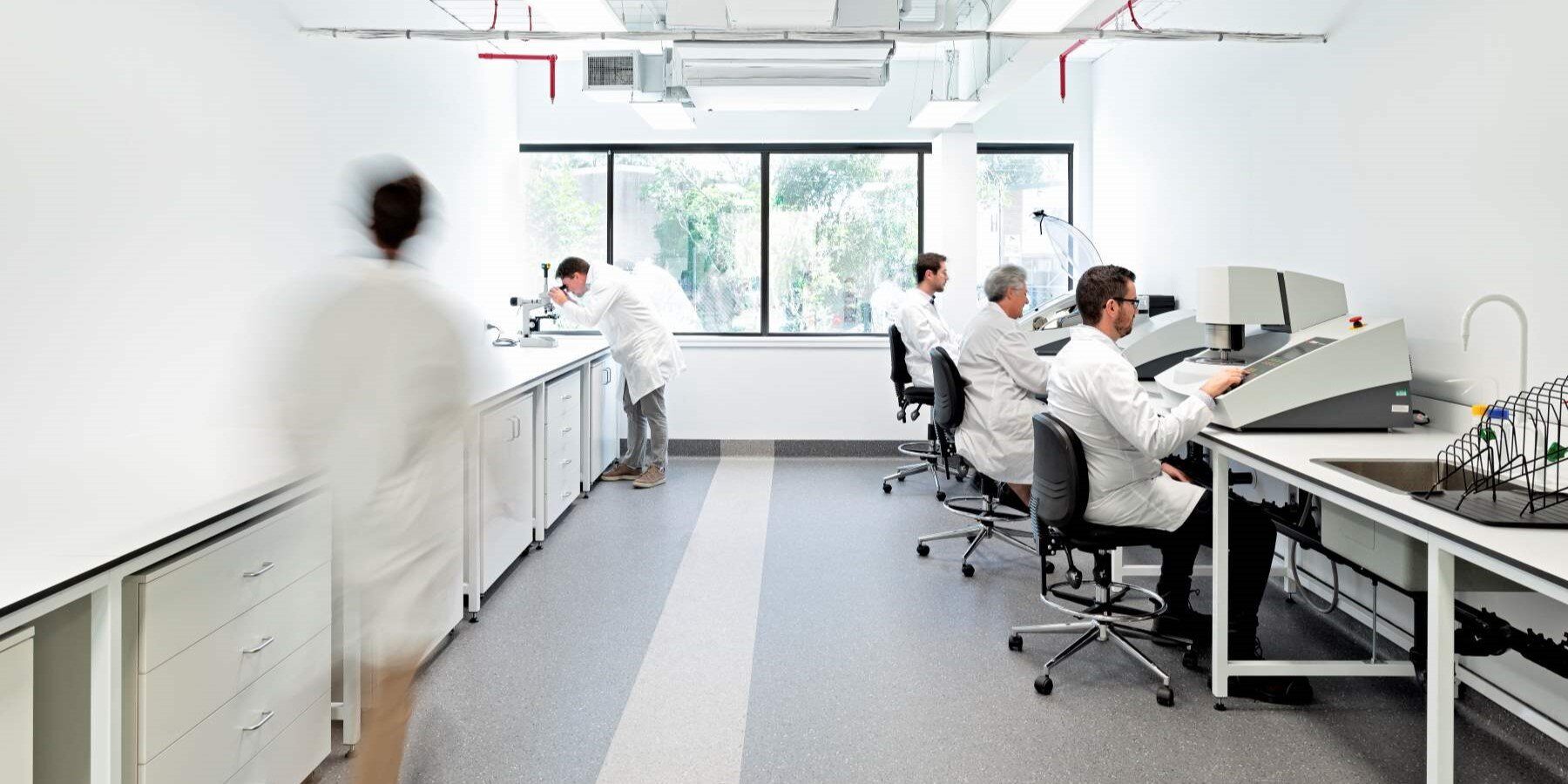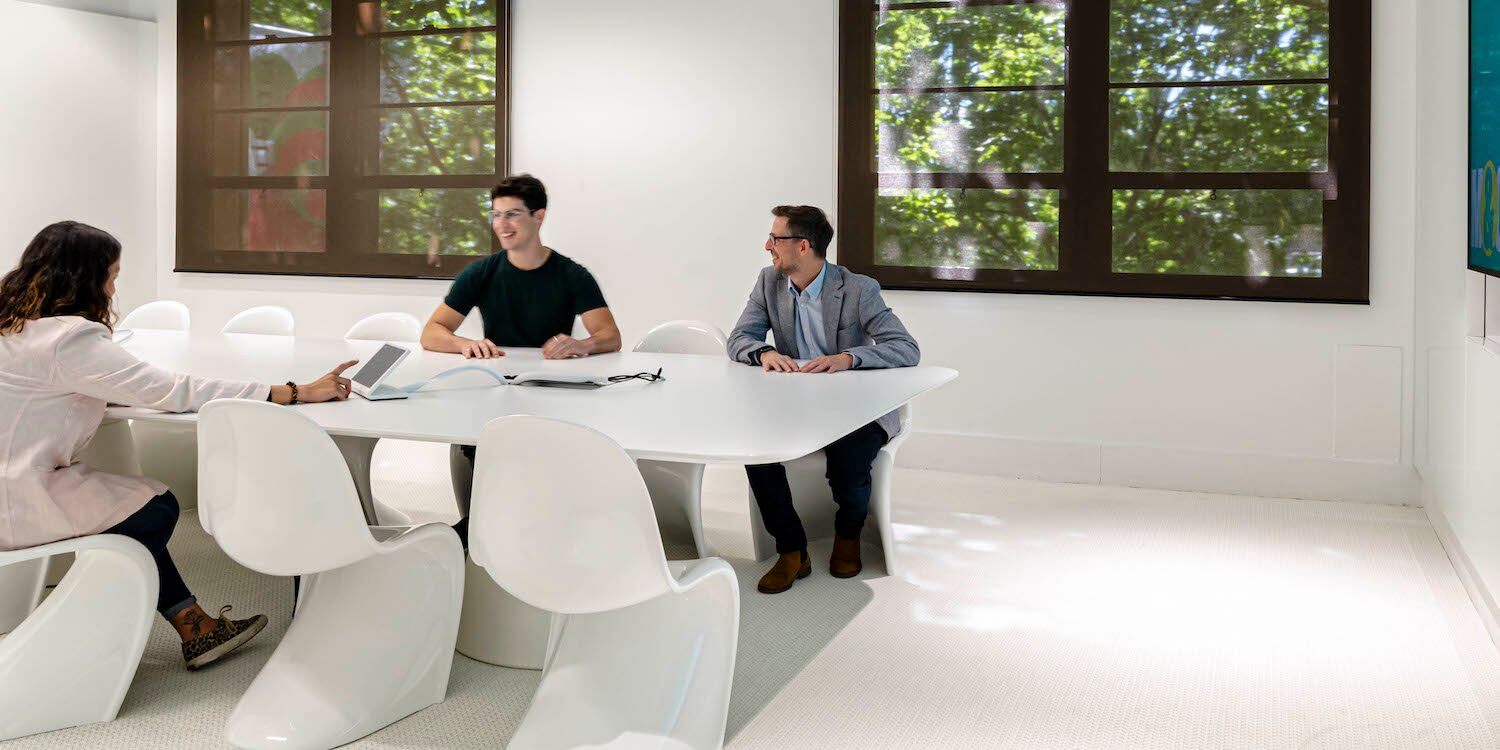Discover The Three C's of Hybrid Working
Author: Steve Collis - Head of Workplace Strategy
If you're struggling with the challenge of reintegrating your staff into the office and establishing an effective hybrid work model, the solution may lie in what I refer to as the "three C's."
These three key elements—Conversation, Citizenship and Co-Creation—address a fundamental challenge: successful hybrid work requires self-regulation at multiple levels: individual, team, and organisational. Each "C" plays a crucial role in fostering an environment where self-regulation can flourish.

However, self-regulation, an essential component of hybrid work, cannot be enforced through top-down mandates. It must be nurtured. This is where the three C's come into play.
The First C - Conversation
The core principle here is to anchor your hybrid work program in dialogue rather than proclamation.
Initiate discussions with managers and staff to unearth the inherent value of face-to-face interactions, focusing on how these connections can enhance team cohesion, trust, and overall productivity.
As you engage in these conversations, pay close attention to the specific phrases and language that emerge in these conversations. By aligning your direction with what is expressed during these discussions, you ensure that your approach resonates with the needs and values of your team, ultimately fostering a more engaged and cohesive work environment.
The Second C - Citizenship
The core principle here is to elevate the perspective from 'me' to 'we'.
Provoke people to articulate what is at stake for their others, not just for themselves. Capture considerations such as whether there is a new team member who might need additional support or if any colleagues are feeling disconnected or struggling with their projects.
This approach taps into the higher drivers of belonging and teamwork, which can provide a relief to the lone wolf vibe that workers can experience when faced with an intense individual workflow. By addressing these aspects, you create a more supportive and integrated work environment that values and nurtures the connections between team members.

The Third C - Co-Creation
The core principle here is that we own what we had a part in creating, so let's apply this to every single team member.
Create hybrid ways of working charters at three distinct levels: whole organisation, team, and individual. Start with high-level principles for the entire organisation, then move to more detailed guidelines at the team level, and finally, create specific action plans for individuals.
While drafting team-level charters and personal action plans can be completed relatively quickly, it is essential to continuously revisit and update these documents. Aim to review and revise them periodically.
Conclusion
I hope these three C's—Conversation, Citizenship and Co-Creation—help serve as a diagnostic tool if you're finding that hybrid working is going off the rails for your organisation. If you are missing one of the C's, put a strategy into action to bring it back into the mix. Hybrid work shouldn’t be ‘set and forget’ - it’s too dynamic!
Want to know how we can help with your Workplace Strategy needs? Head to our Workplace Strategy Solutions page.


/Cap%20Stats/strategy-inside.jpg)

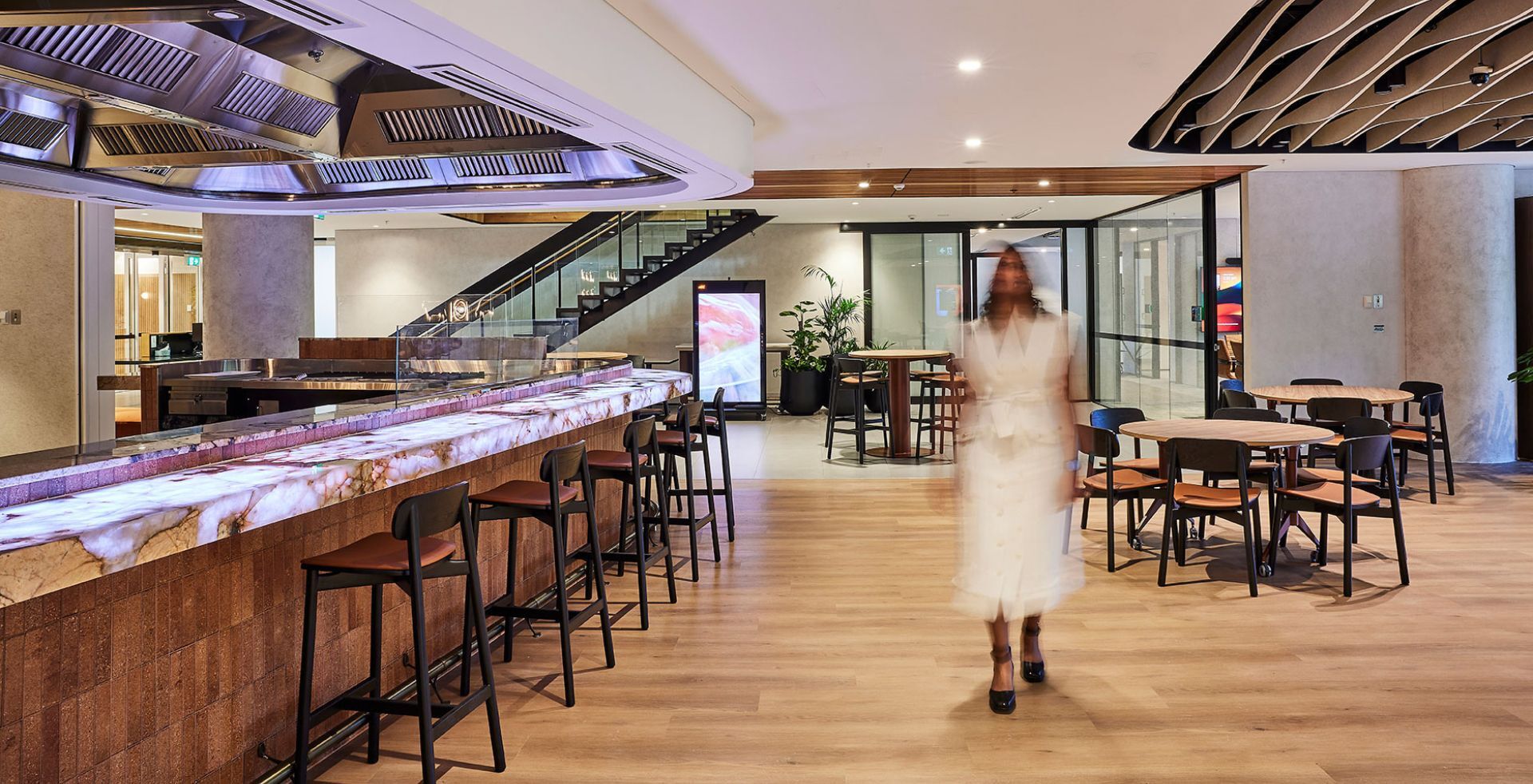
-2.jpg)
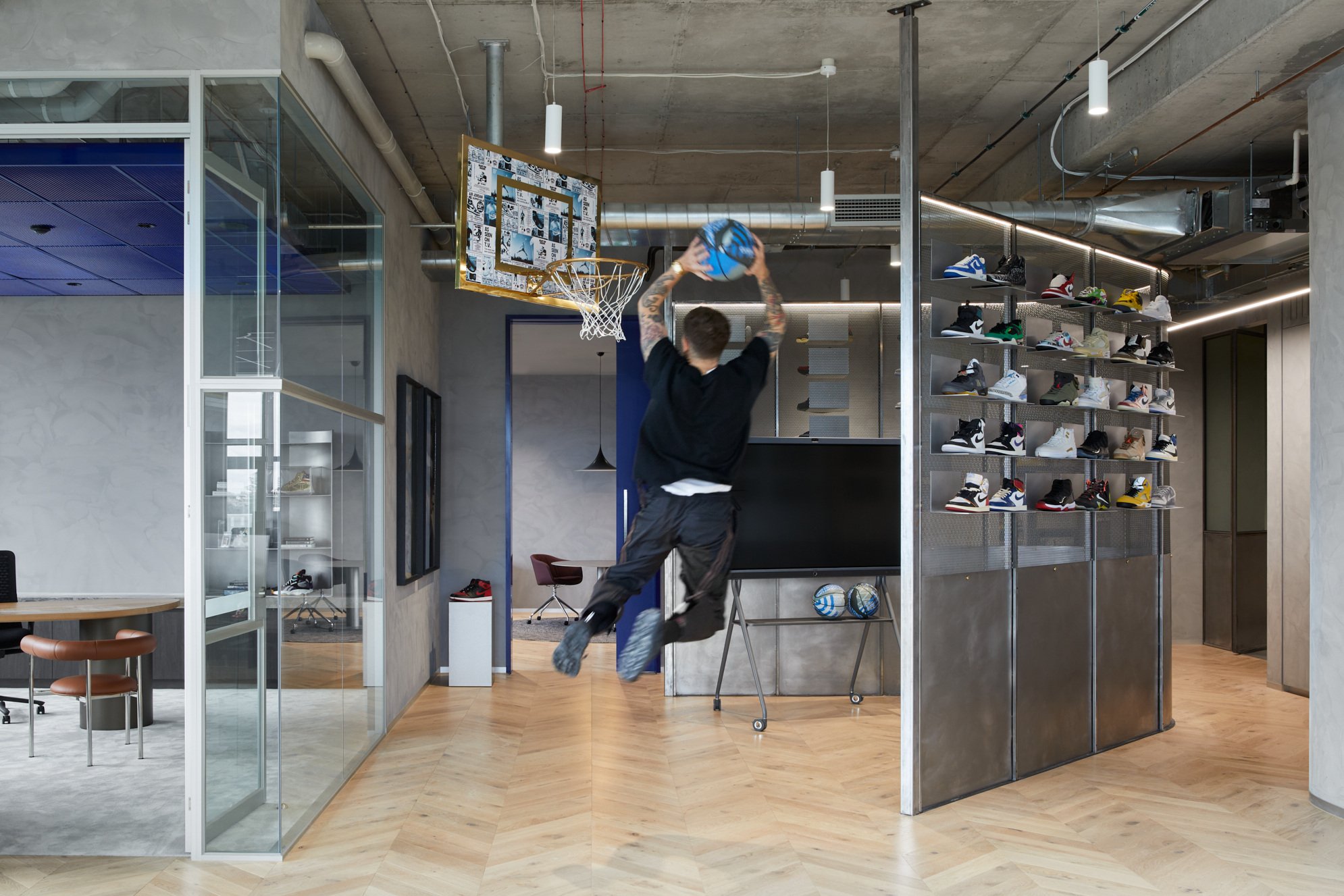
-2.jpg)
-2.png)
